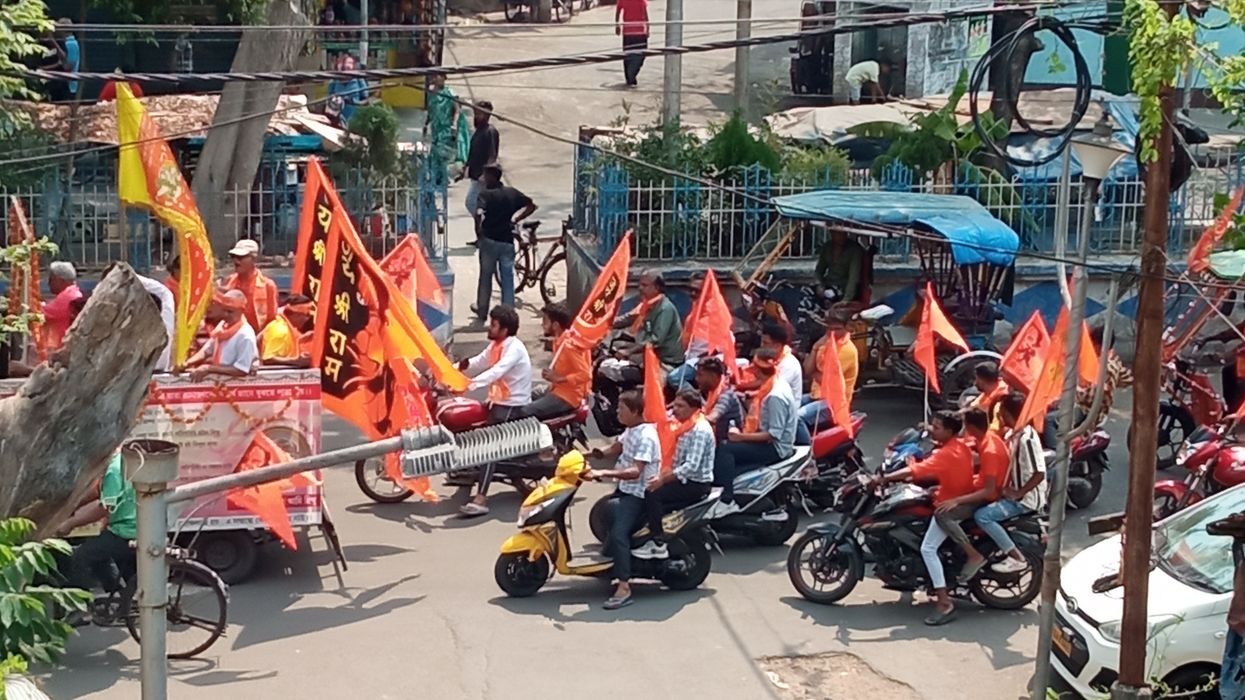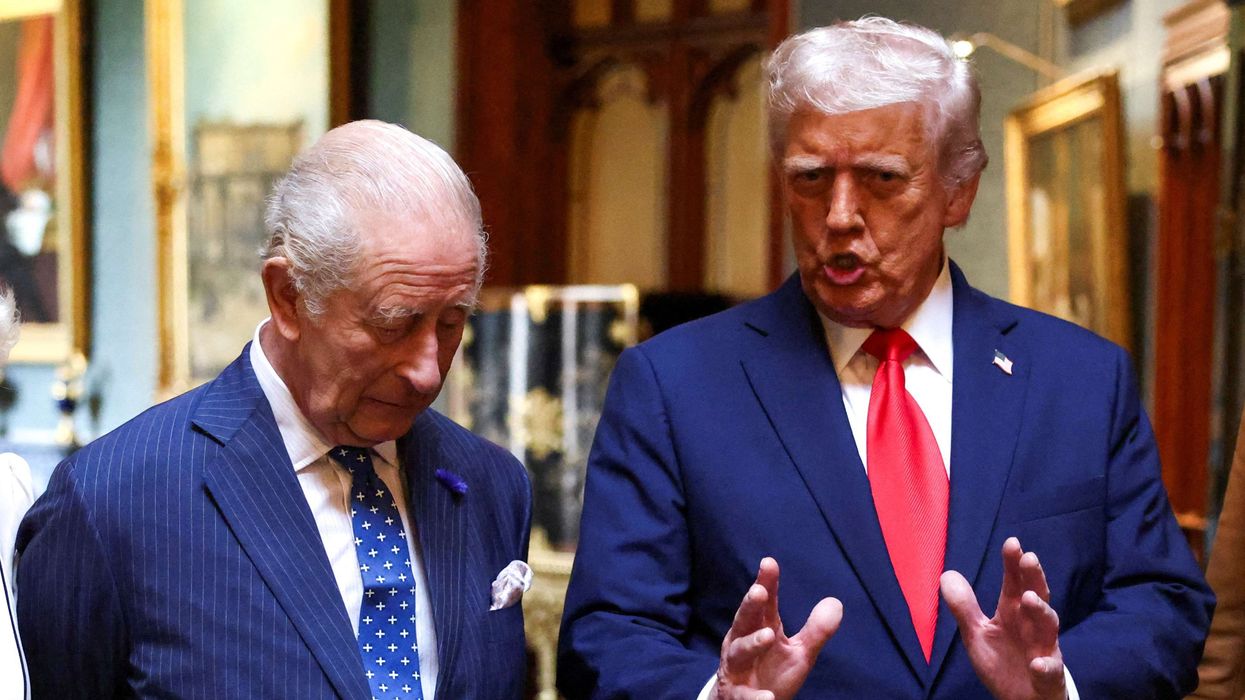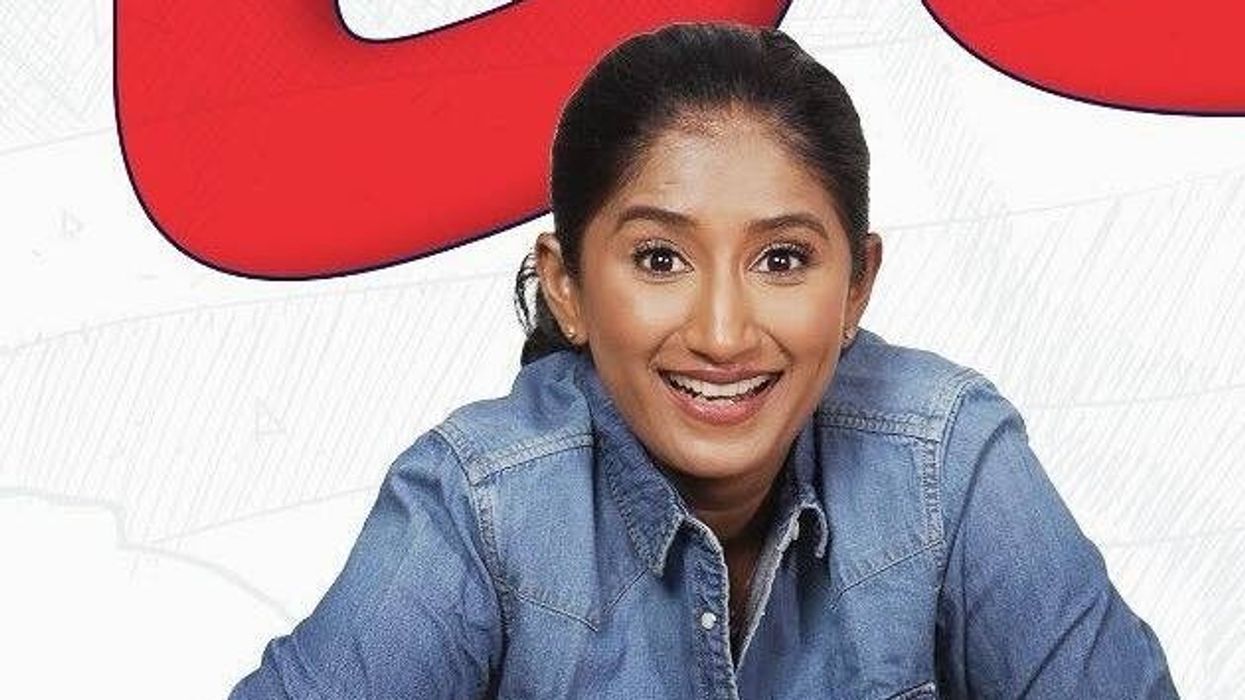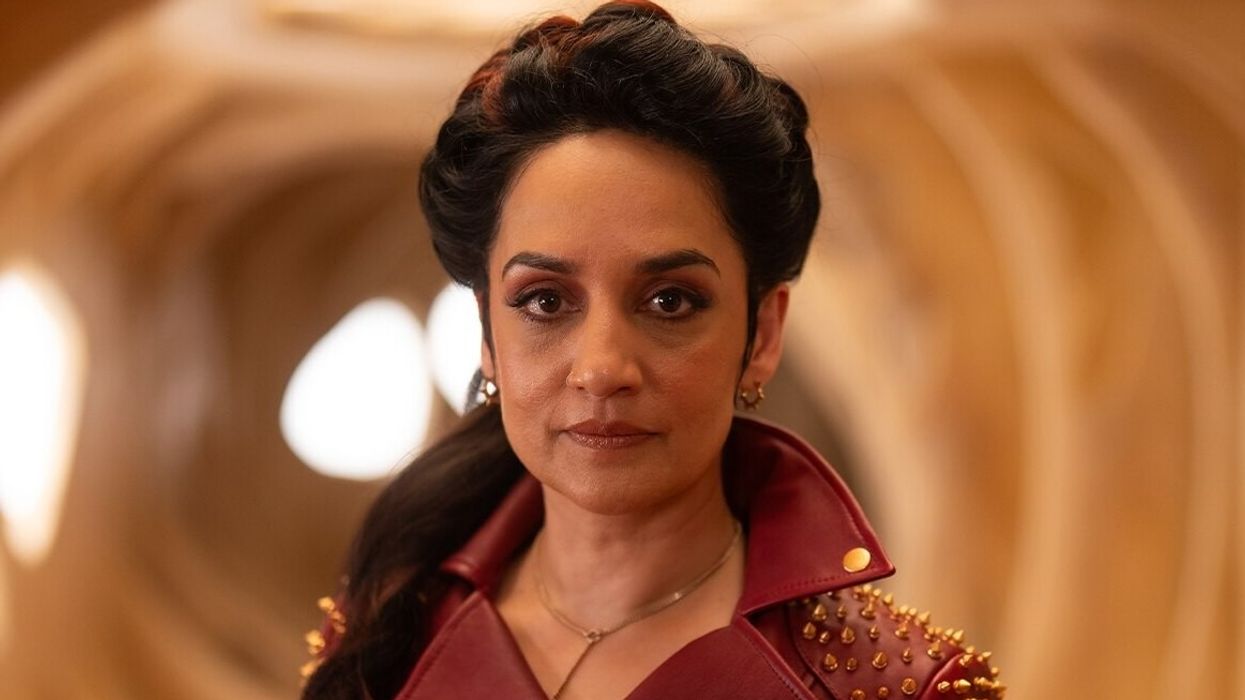INDIA’S ruling Bharatiya Janata Party (BJP) has adopted Lord Rama as its guiding light and its battle cry as, Jai Shree Ram (victory to Lord Rama).
We are all familiar with the story of Lord Rama, as set out in the epic Ramayan. It’s his victory over Ravana, the demon king of Lanka, that we celebrate as Diwali, the festival of light, in Leicester and Wembley, and indeed in No 10 Downing Street and in the White House.
But I read a note which set the contemporary use of Jai Shree Ram into political context: “The expression has been increasingly used by Hindu nationalist organisations, Vishva Hindu Parishad (VHP), BJP and their allies, which adopted the slogan in the late 20th century as a tool for increasing the visibility of Hinduism in public spaces, before going on to use it as a battle cry. The slogan has since been employed in connection with the perpetration of communal violence against Muslims.”
One state the BJP has not been able to conquer is West Bengal, which has a population approaching 100 million, 28 per cent-29 per cent of whom are estimated to be Muslim. This puts Indian prime minister Narendra Modi’s BJP at loggerheads with Mamata Banerjee, chief minister of West Bengal and leader of the Trinamul Congress party. So far communal tensions, which periodically erupt in other parts of India, have been kept in check in West Bengal.
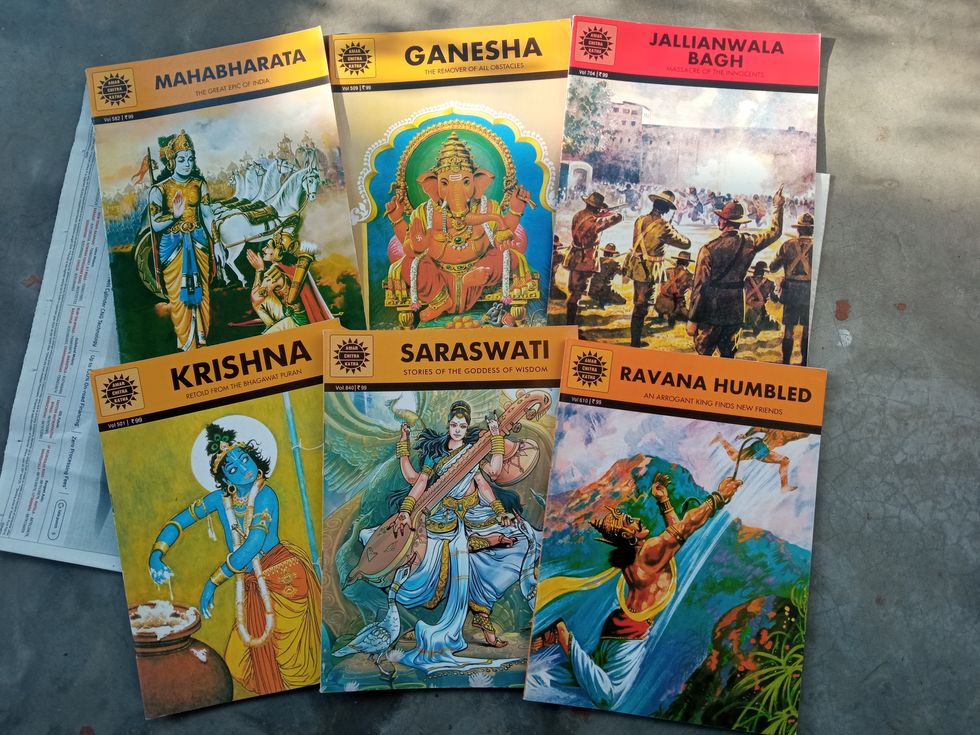
Indeed, on the Metro in Kolkata, I saw a seat being given to a Muslim woman wearing a burkha and minding two little children. Her husband, a frail man, even offered his seat to me (of course, I didn’t take it up). Outside the rush hour, it seems such courtesies are ingrained into local Bengali culture. But I was persuaded by my family not to use the Metro before 11 am.
Modi, his home minister, Amit Shah, and other senior BJP leaders have campaigned vigorously in West Bengal, promising the development that has come to other parts of India, but so far Trinamul Congress has prevailed.
A few days ago, near my home in the city, I spotted a procession of young people pass in vans and on motorbikes waving saffron flags and shouting pro-Rama slogans.
They were celebrating Ram Navami, the festival which celebrates the birth of Lord Rama. I also noticed the police were out in force, which makes it obvious the festival is partly an attempt by the BJP to spread its influence.
According to one newspaper report, “processions were organised across the length and breadth of West Bengal with heightened aggression on April (6). The BJP and other Hindutva groups organised hundreds of Ram Navami processions across different parts of the state.
“Ram Navami processions, a cultural import to the state, have coincided with the rise of Hindutva politics in the state, which started in 2016. These processions have become a show of strength for the BJP.”
Hinduism is monotheistic, but the many manifestations of its one god are worshipped in different ways across this vast land.
Durga, the mother goddess is close to Bengalis, but Rama is not celebrated in quite the way that he is in other parts of India.
Had our old friends, Nigel Farage and Robert Jenrick, been Bengali nationalists, they might well have given interviews to GB News arguing: “Lord Rama belongs to an alien culture.”
BJP leaders argue: “Lord Rama took the blessings of Durga before his battle with Ravana. Where’s the question of his being an outsider?”
Mamata has sought to reduce tensions by encouraging Trinamul Congress to hold Ram Navami celebrations of its own.
“I appeal to all to maintain and uphold the values of peace, prosperity and development of all,” the West Bengal chief minister, who recently visited the UK, said in a message posted on X. “I wish the celebration of the Ram Navami all success, in a peaceful manner.”
Trinamul politician Kunal Ghosh commented: “Ram Navami processions do not mean BJP. Most of the Hindus are against BJP. Those who have joined Ram Navami processions are not in support of the BJP.”
On report indicated there is a pragmatic Bengali solution to everything: “Amid the competitive Ram Navami rallies, there were signs of communal amity, where Muslims came forward and showered flower petals and offered food, drinks to those who participated in Ram Navami processions.
“Malda Uttar BJP MP Khagen Murmu was seen exchanging greetings with Muslims who welcomed the processions. This was in sharp contrast to developments in earlier years, where often Ram Navami processions had precipitated violence.”
Since Indian toddlers in the UK are exposed only to English stories (The Very Hungry Caterpillar, The Tiger Who Came to Tea, The BFG, Where’s Spot? and the like), I have collected a few comics – Mahabharata, Ganesha, Krishna, Saraswati, Ravana Humbled, Sea Route to India, and even Jallianwala Bagh. These are nice picture stories to share with children, but I might end up reading them myself.
